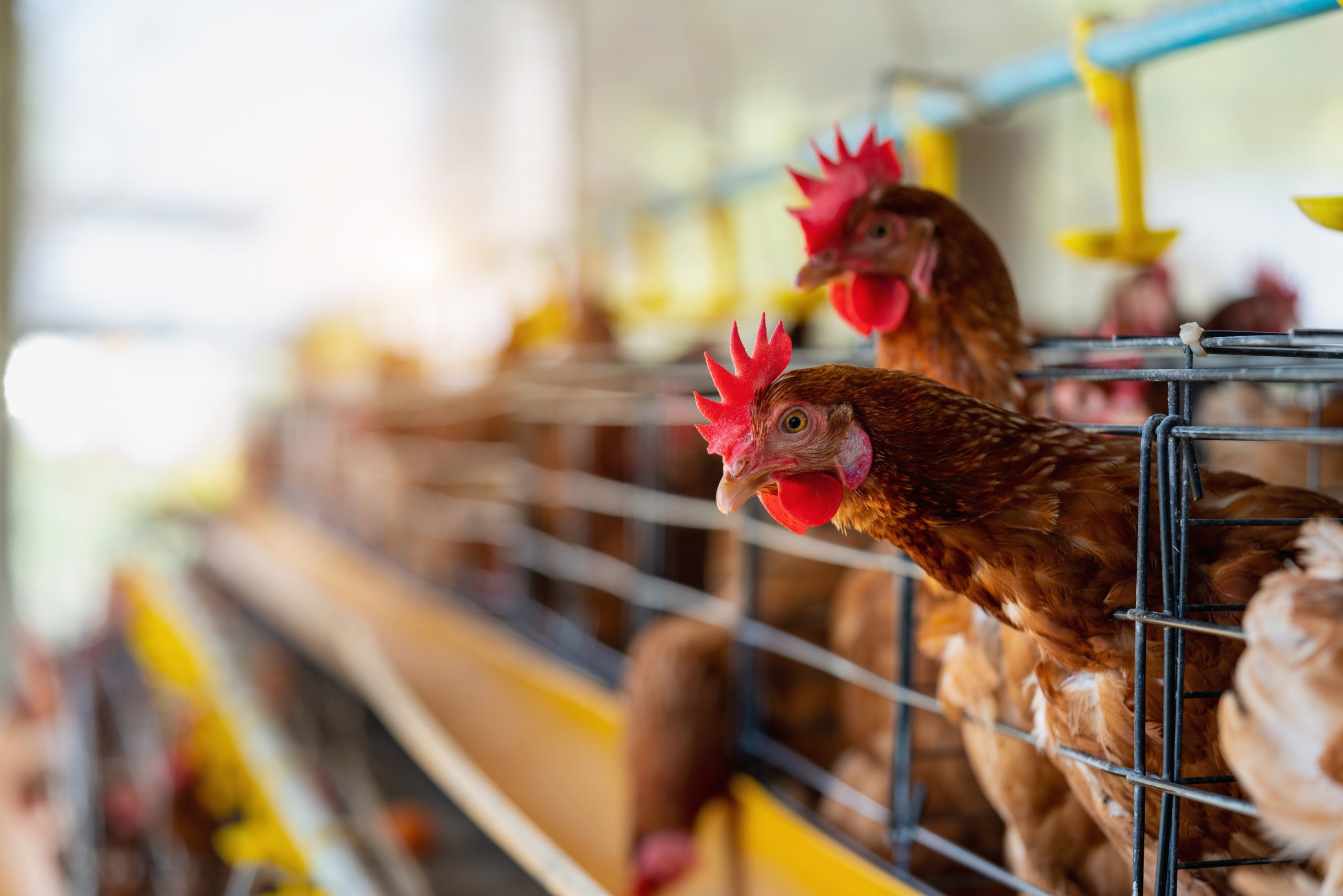

The UK announced that regular tests on poultry workers who had contact with contaminated birds revealed H5 avian flu in two asymptomatic persons.
The UK’s Health Security Agency (HSA) said in a statement that the two employees whose swabs were positive had recently worked at a farm in England where there was an epidemic. Both folks have since tested negative for H5 Avian Flu.
One Incidence is Most Likely Due to Environmental Contamination
The timing and exposure indicate that one of the workers most certainly got nasal and throat contamination from inhaled material, while it’s unclear whether the second positive result was due to contamination or a real infection. The HSA stated that more investigation is underway, and that health officials are tracing that patient’s relationships as a precaution.
Many countries routinely monitor poultry workers who are exposed to avian flu outbreaks. H5N1 infections are uncommon, but have been observed in persons who have had substantial contact with sick birds. Positive tests from contamination, rather than infection, are known to occur.
A similar Scenario Occurred in Spain and the United States
In February, for example, Spanish researchers described asymptomatic infections in two poultry employees who were involved in an outbreak response at a chicken farm. Though their first nasopharyngeal swabs were positive, follow-up testing revealed low viral loads, no symptoms, and negative serology, indicating that the test results were related to environmental contamination rather than clinical disease. In 2022, the United States reported a similar occurrence in a person who assisted in the response to a chicken farm epidemic in Colorado.
According to the HSA, poultry workers are required to collect swabs of their nose and throat within 10 days of being exposed to avian influenza. In some cases, people are requested to produce a blood sample to test if health workers can discover antibodies to the virus.
Monitoring Ongoing Threats
Susan Hopkins, MB BCh, the HSA’s chief medical officer, said current evidence suggests avian flu viruses currently infecting poultry don’t spread easily to people. “However, we know already that the virus can spread to people following close contact with infected birds and this is why, through screening programmes like this one, we are monitoring people who have been exposed to learn more about this risk,” she said.
“We know already that the virus can spread to people following close contact with infected birds.” She added that there’s no evidence that the strain can spread among people, “but we know that viruses evolve all the time and we remain vigilant for any evidence of changing risk to the population.”
more recommended stories
 AI Predicts Chronic GVHD Risk After Stem Cell Transplant
AI Predicts Chronic GVHD Risk After Stem Cell TransplantKey Takeaways A new AI-driven tool,.
 Rising Measles Cases Prompt Vaccination Push in NC
Rising Measles Cases Prompt Vaccination Push in NCKey Highlights 15 confirmed Measles cases.
 High-Fat Diets Cause Damage to Metabolic Health
High-Fat Diets Cause Damage to Metabolic HealthKey Points Takeaways High-fat and ketogenic.
 Chronic Brain Compression Triggers Neuron Death Pathways
Chronic Brain Compression Triggers Neuron Death PathwaysKey Takeaways Chronic brain compression directly.
 Texas Medical Board Releases Abortion Training for Physicians
Texas Medical Board Releases Abortion Training for PhysiciansKey Takeaways Texas Medical Board has.
 Needle-Thin Brain Implant for Layer-Specific Brain Research
Needle-Thin Brain Implant for Layer-Specific Brain ResearchKey Takeaways Researchers have developed a.
 Pancreatic Cancer Research: Triple-Drug Therapy Success
Pancreatic Cancer Research: Triple-Drug Therapy SuccessKey Summary Spanish researchers report complete.
 Immune Cell Epigenome Links Genetics and Life Experience
Immune Cell Epigenome Links Genetics and Life ExperienceKey Takeaway Summary Immune cell responses.
 Chronic Pain Linked to CGIC Brain Circuit, Study Finds
Chronic Pain Linked to CGIC Brain Circuit, Study FindsKey Takeaways University of Colorado Boulder.
 High-Intensity Training and Oxidative Stress Insights
High-Intensity Training and Oxidative Stress InsightsNew Evidence Linking High-Intensity Training and.

Leave a Comment